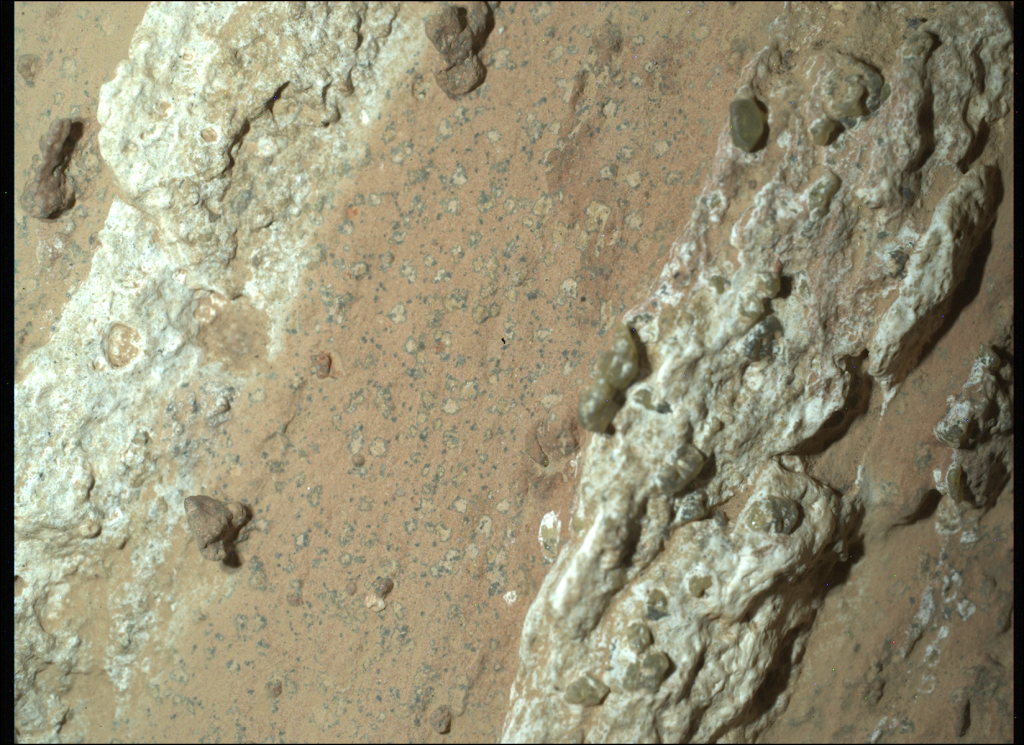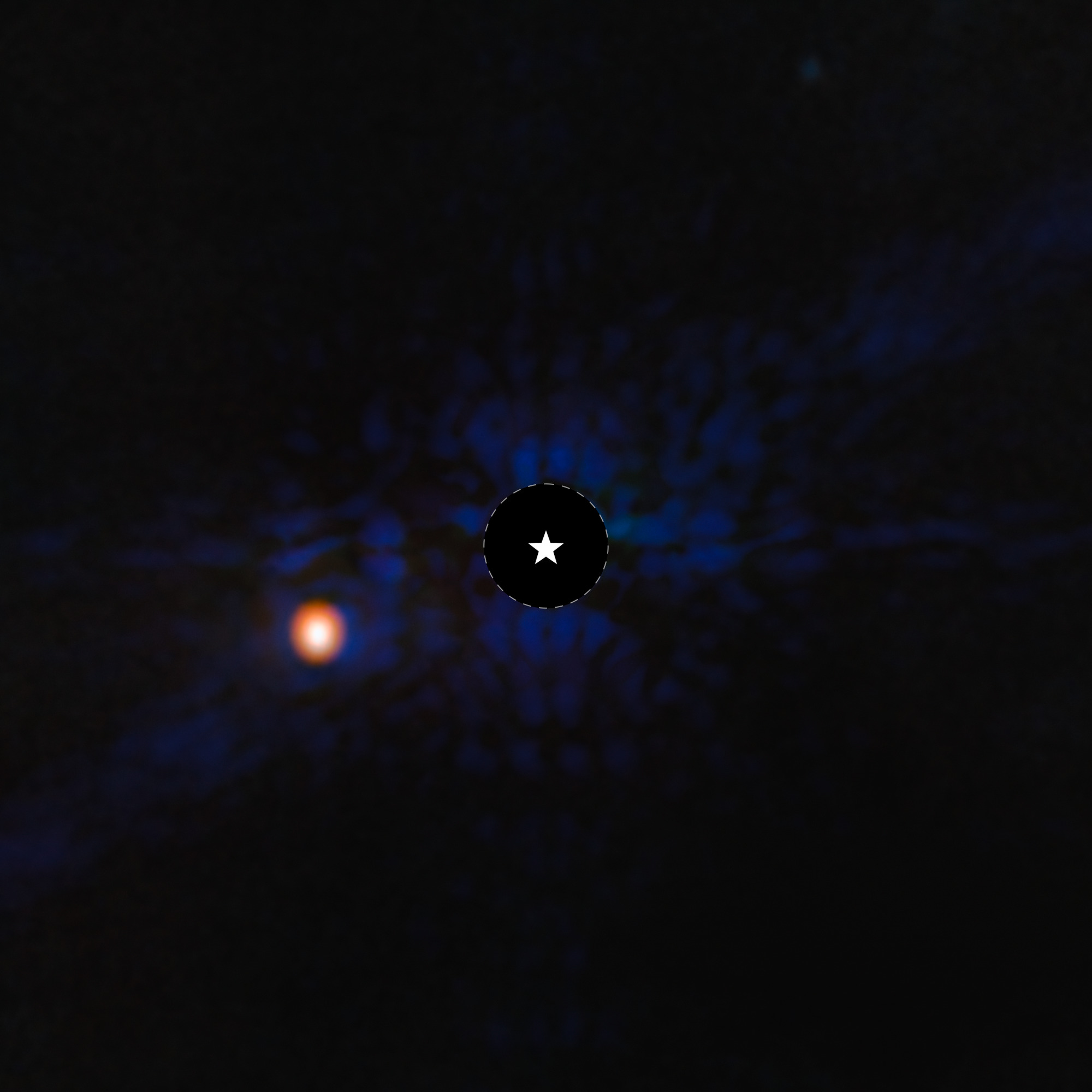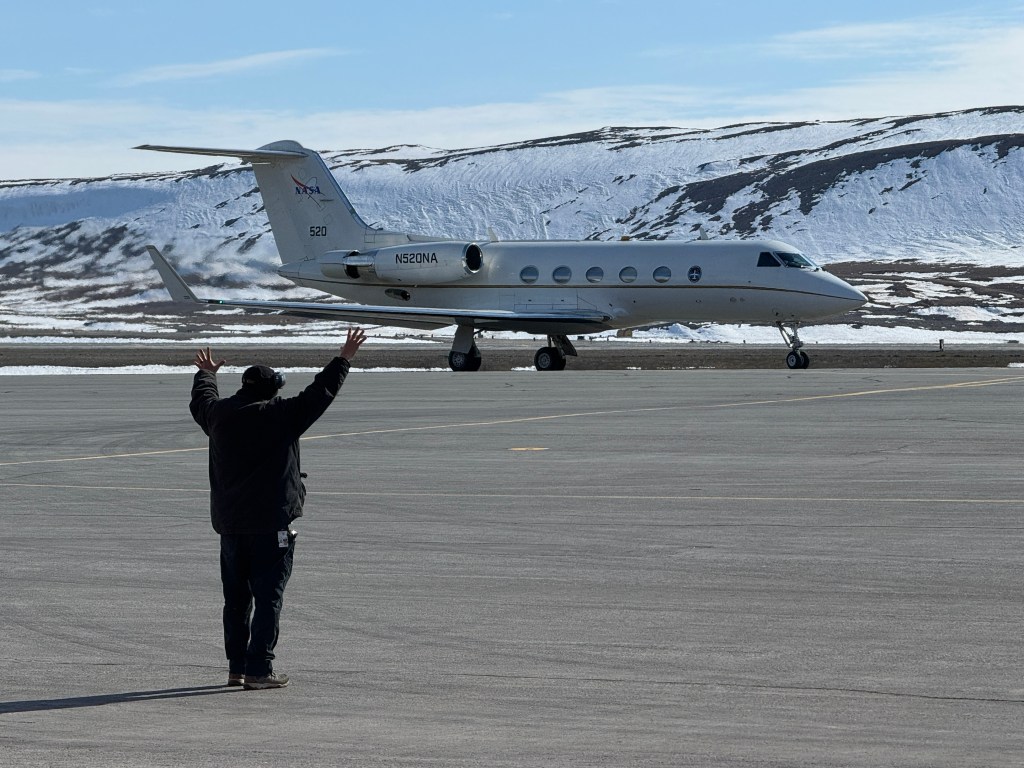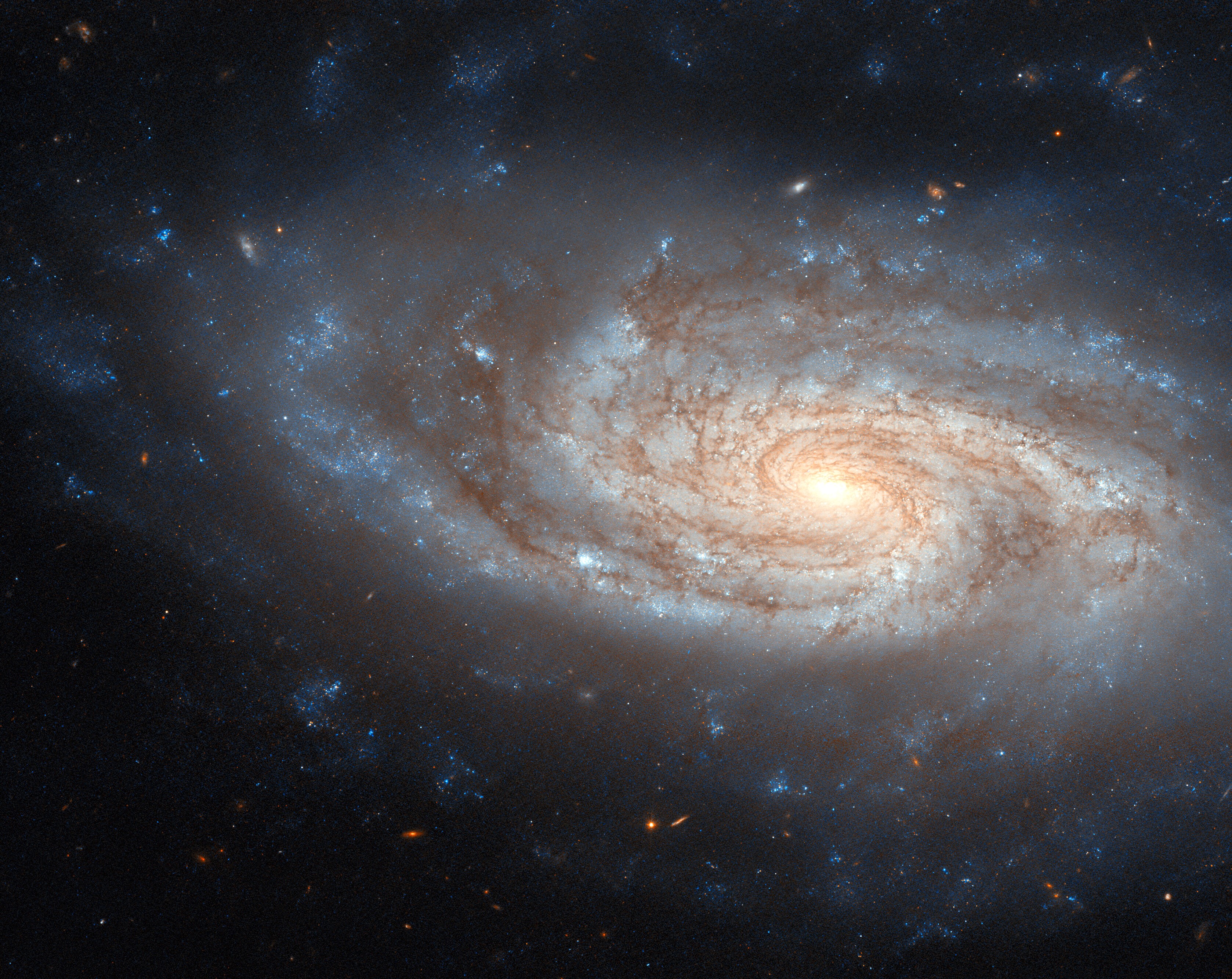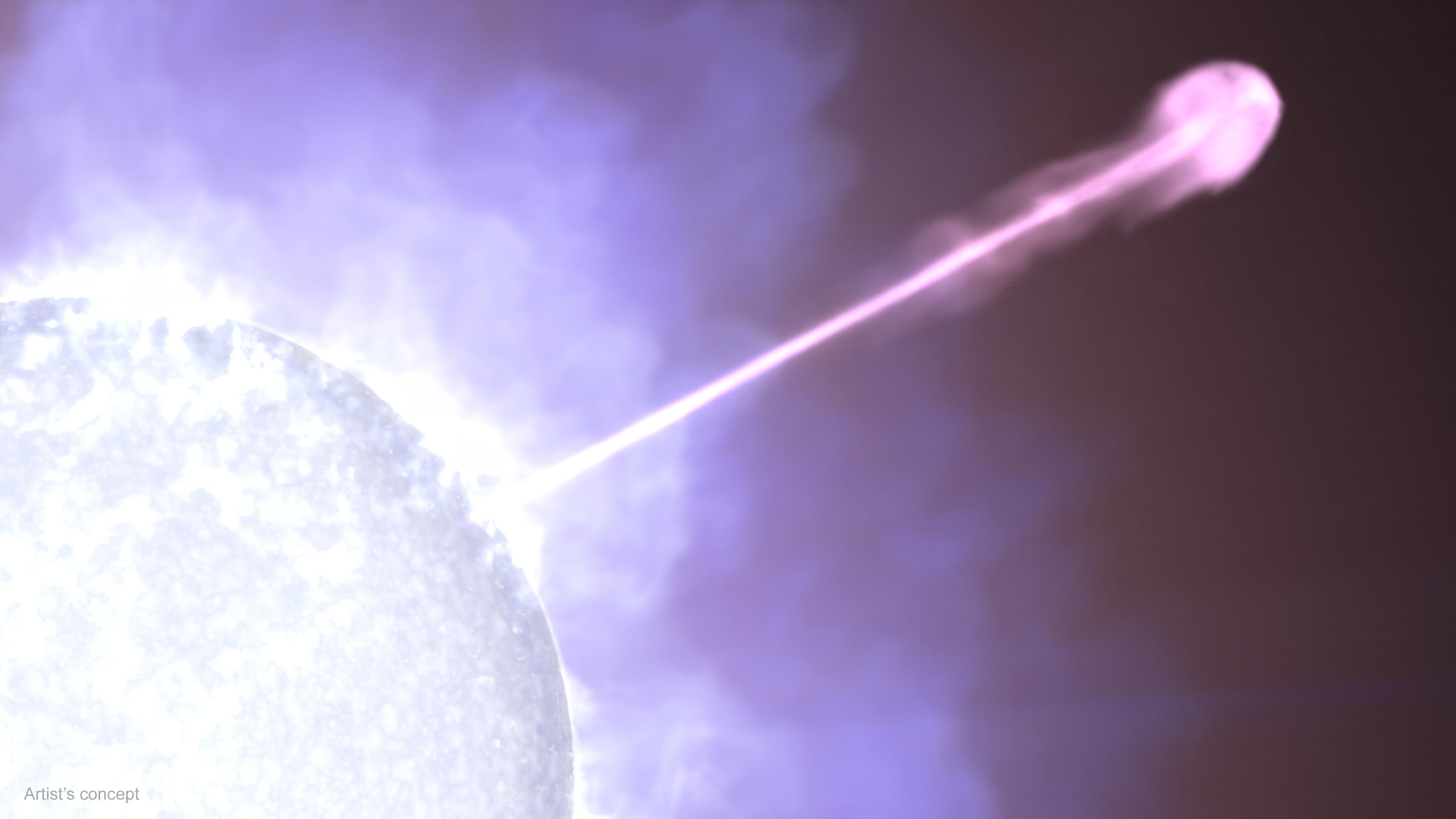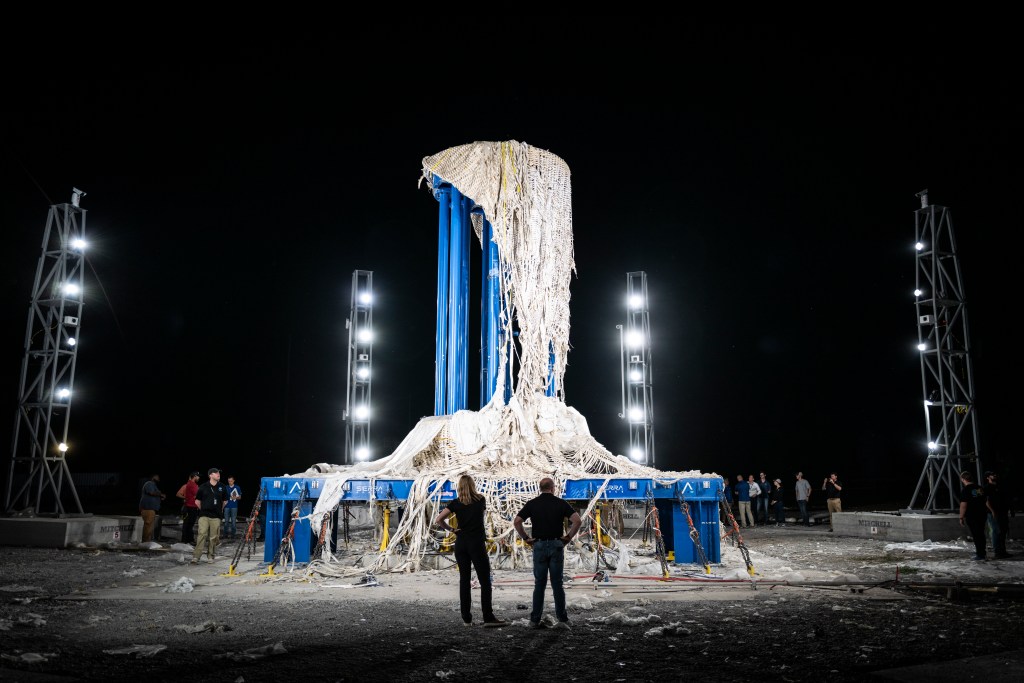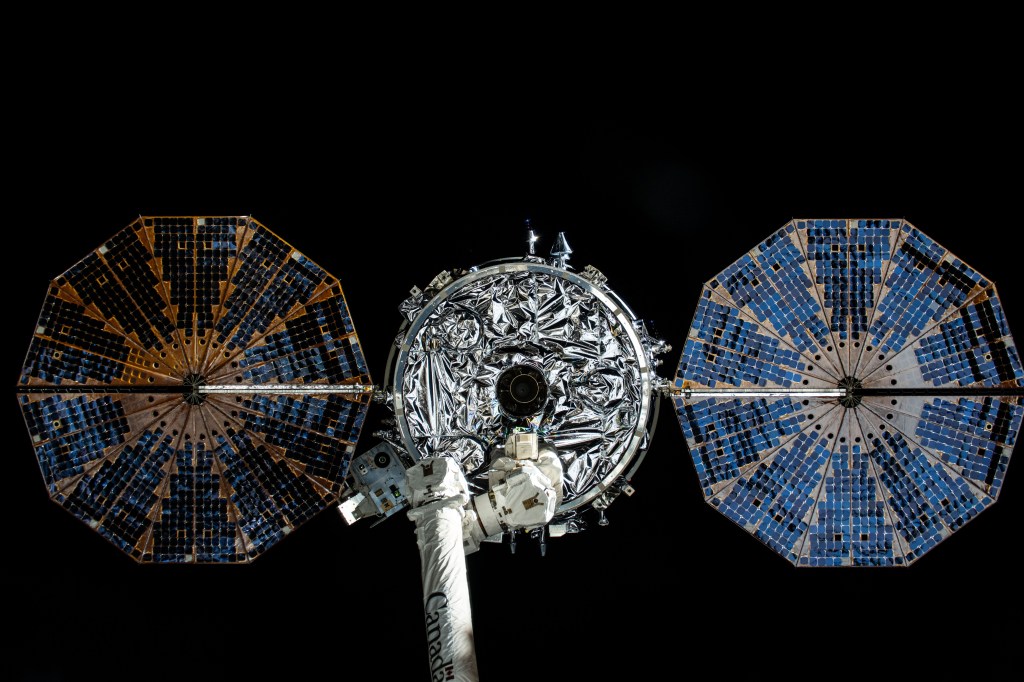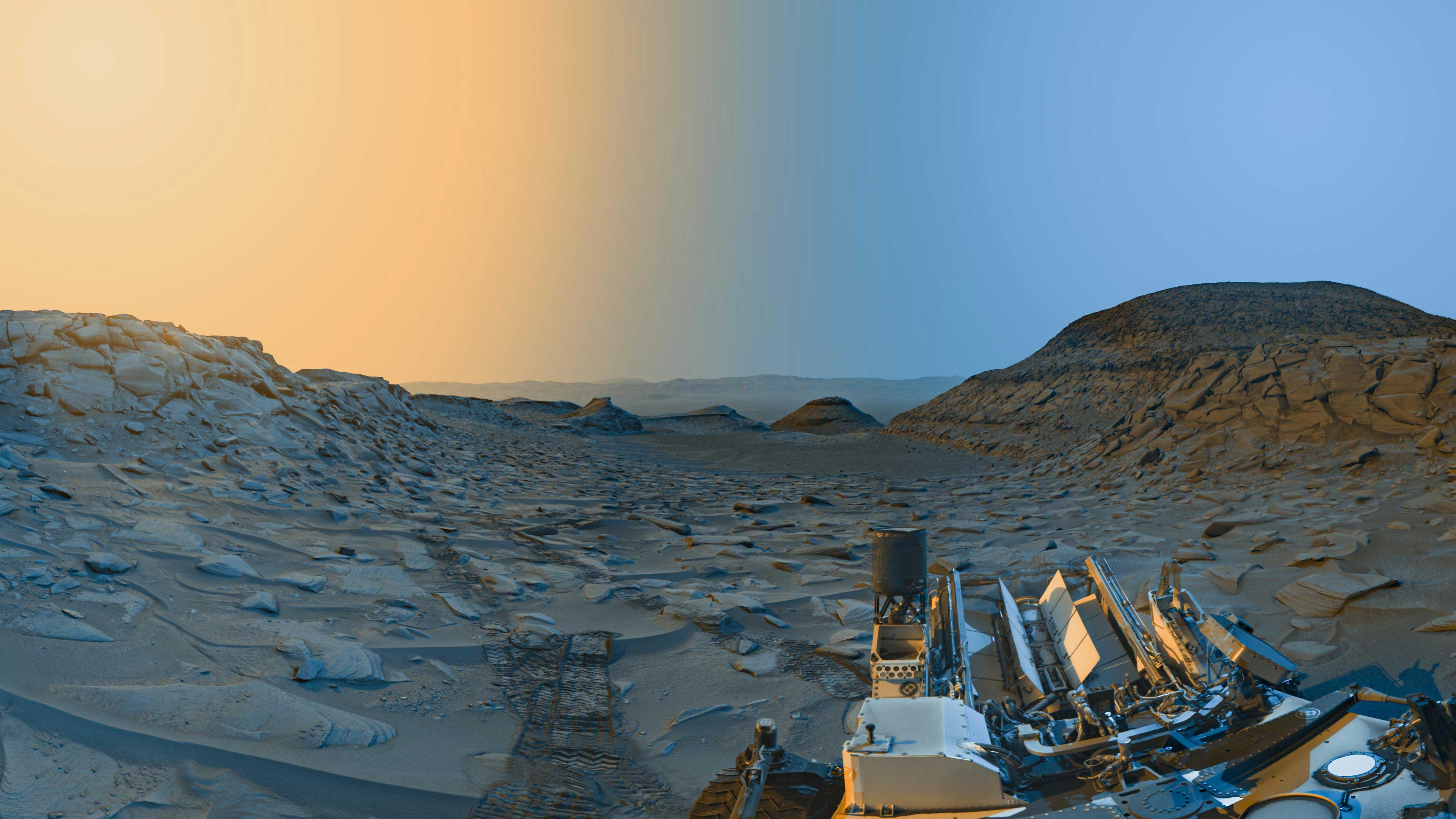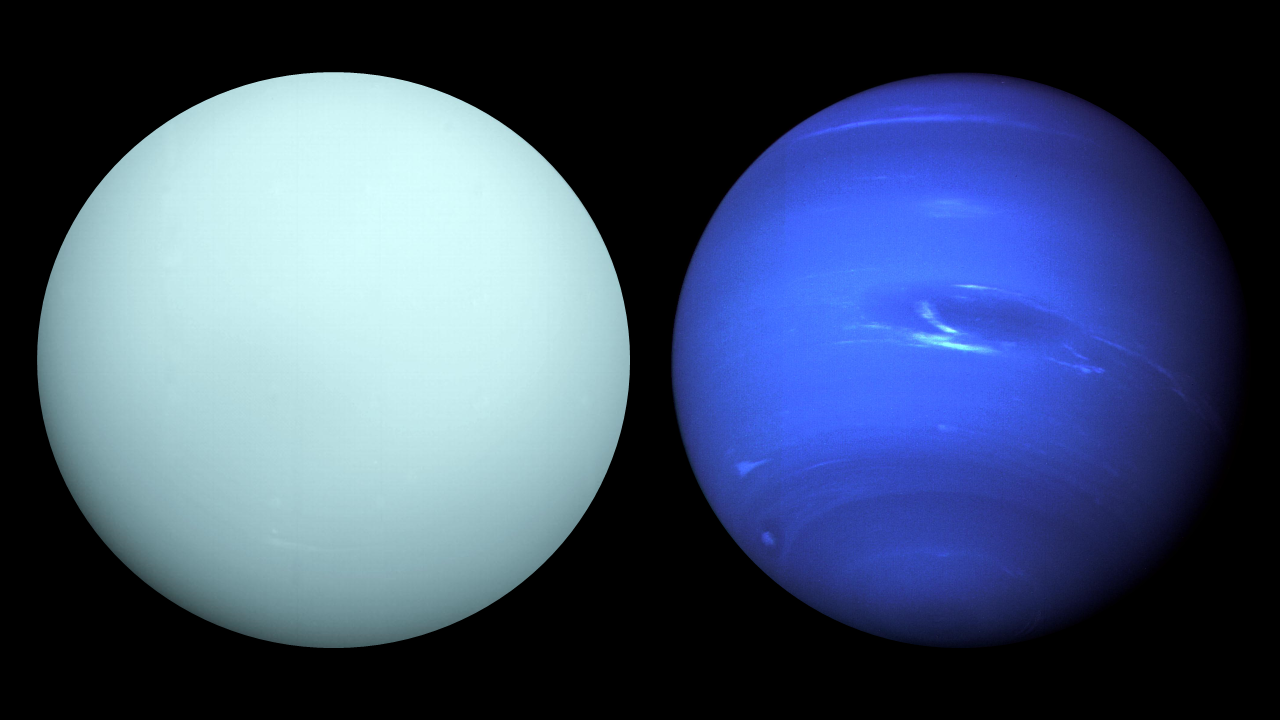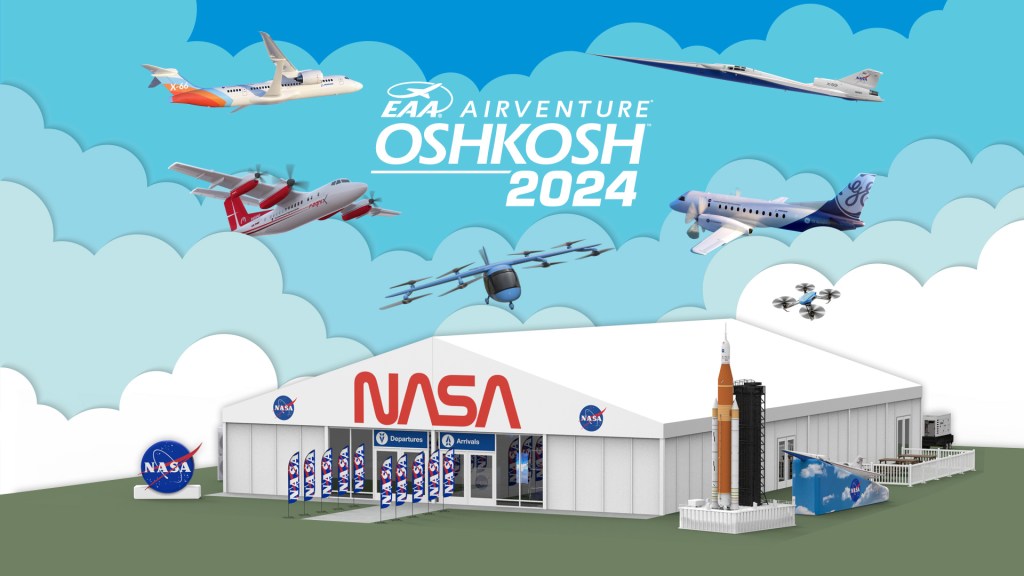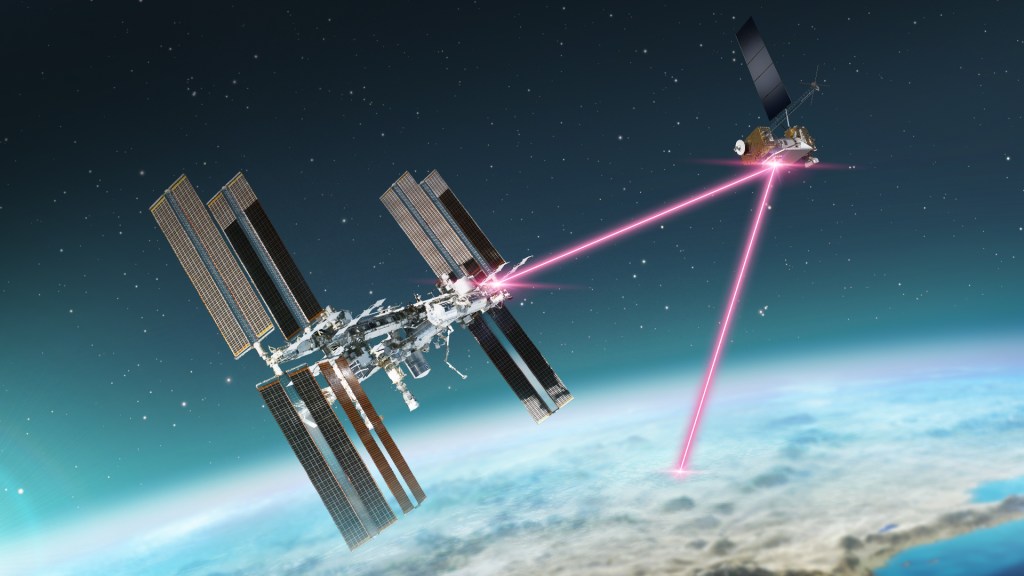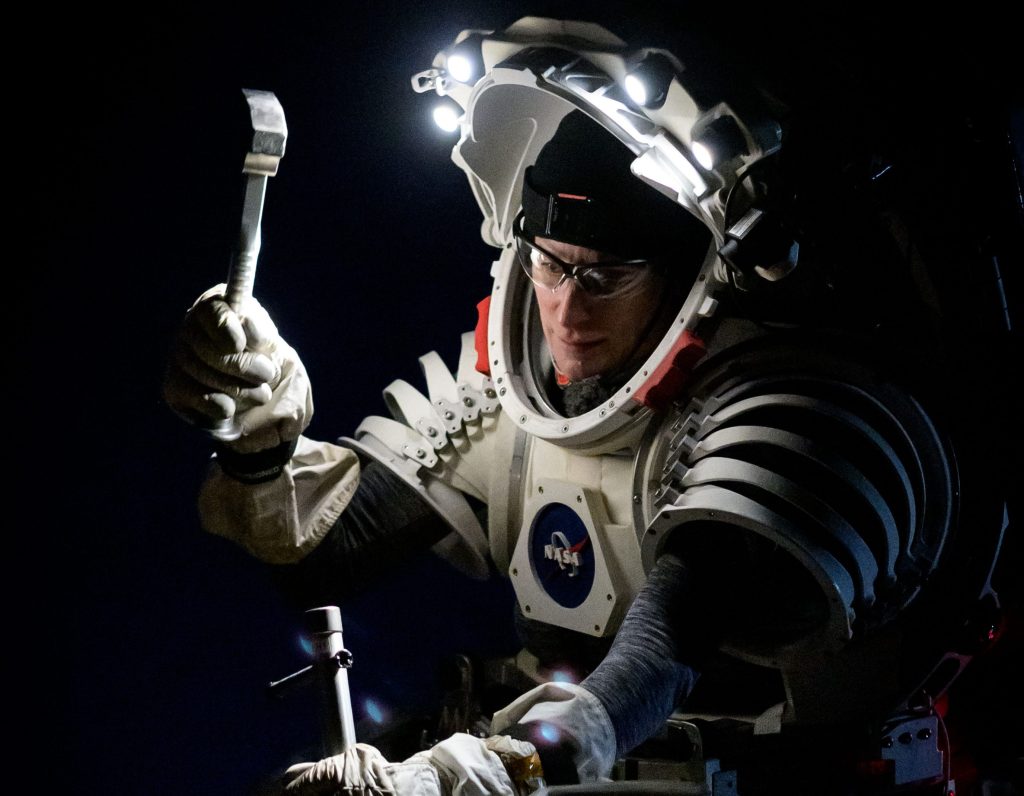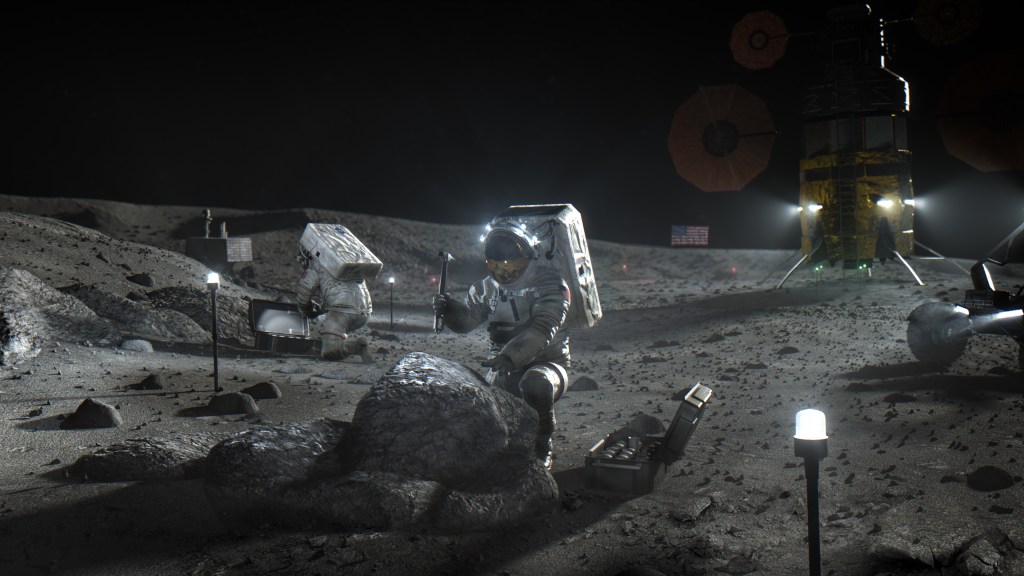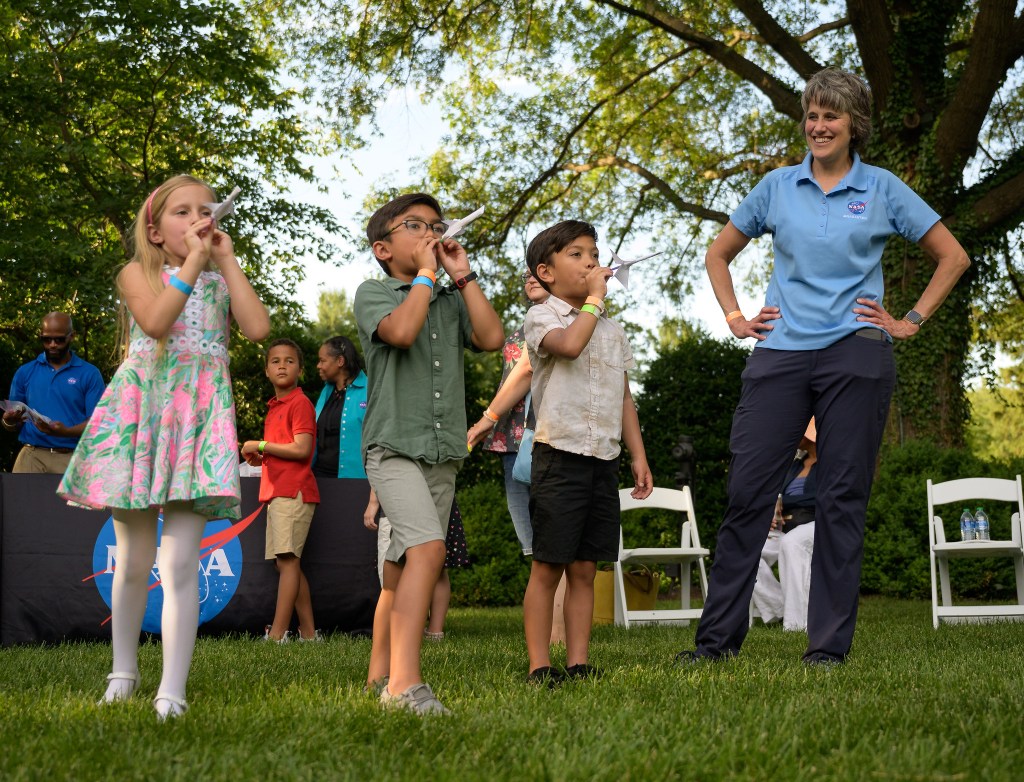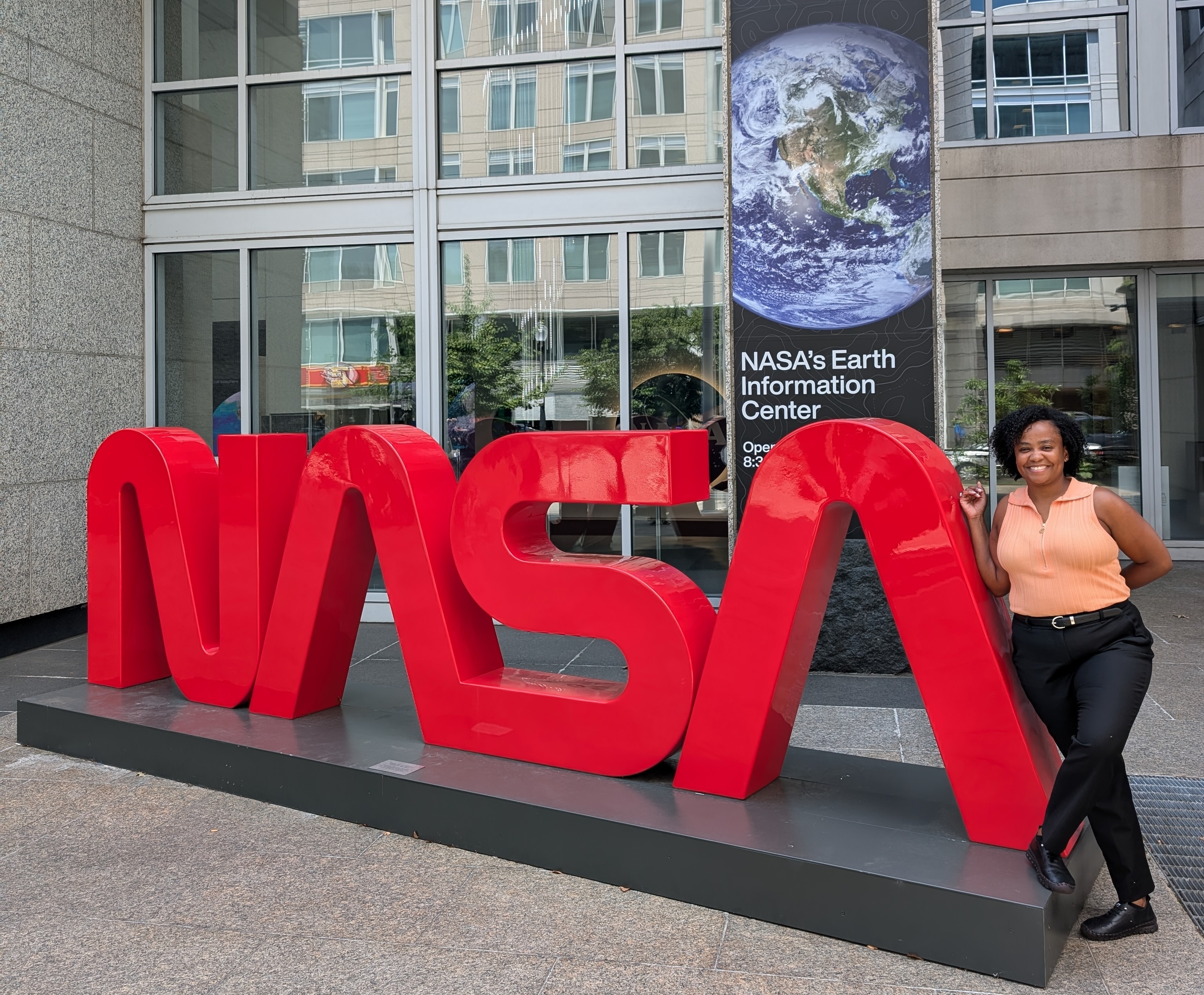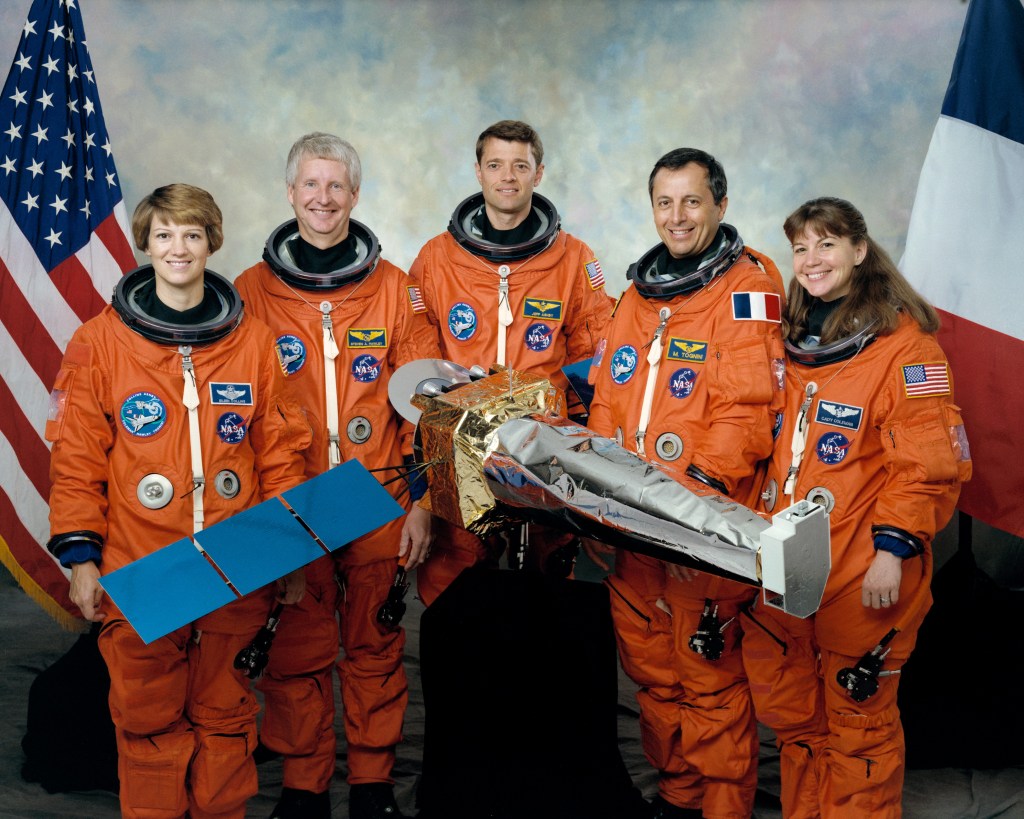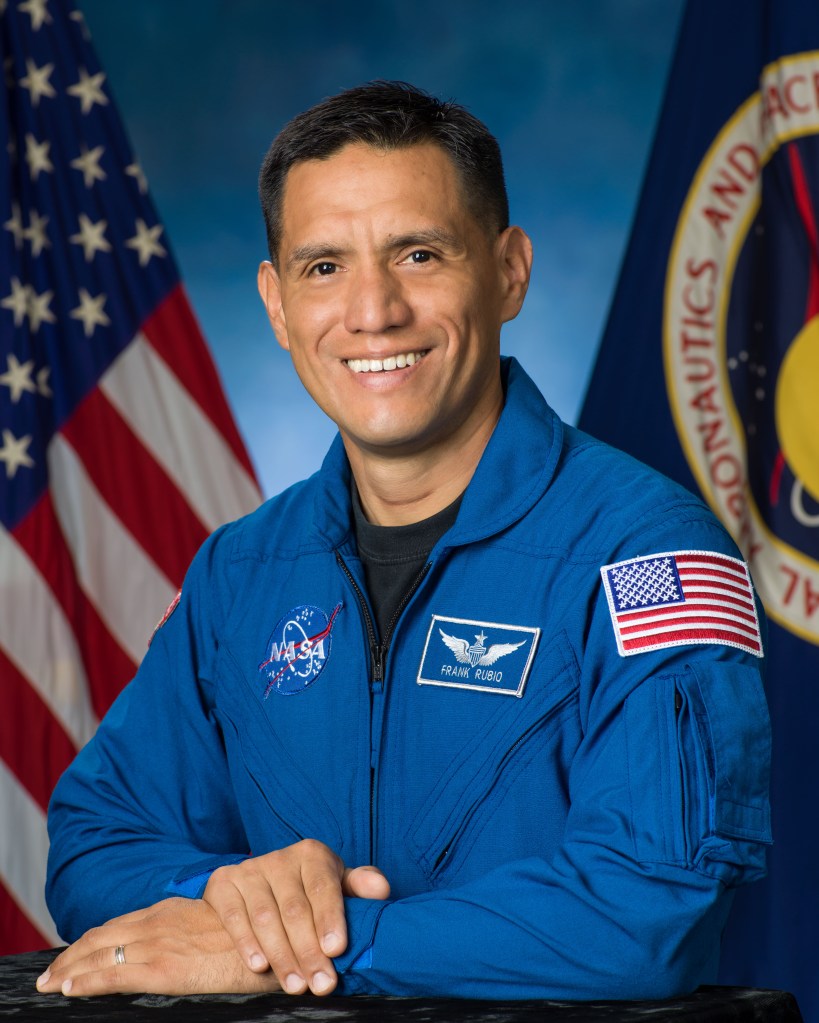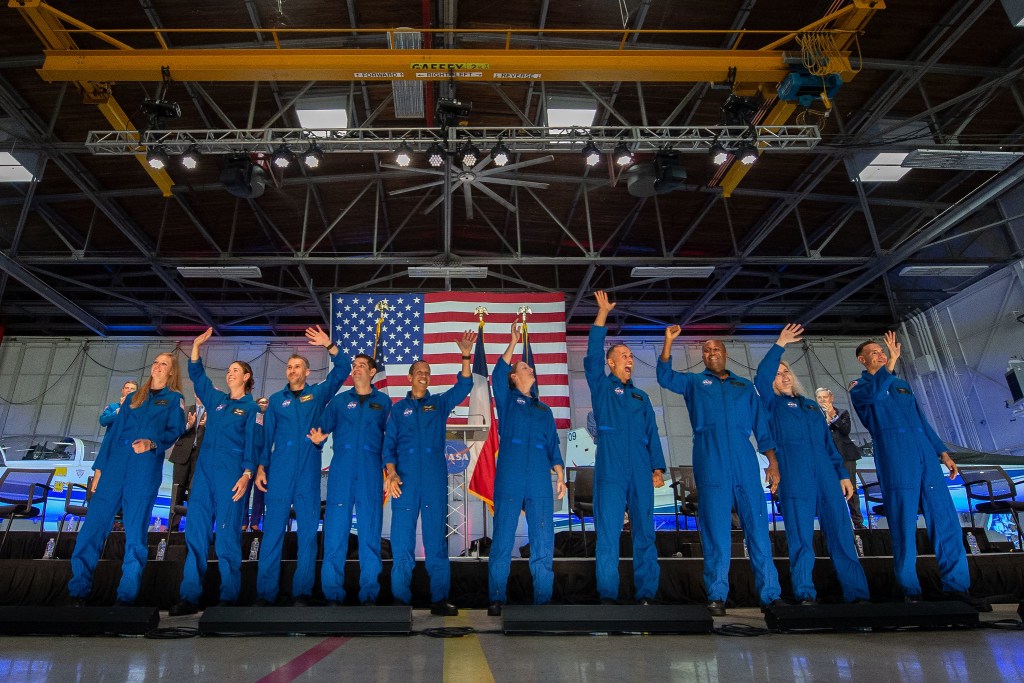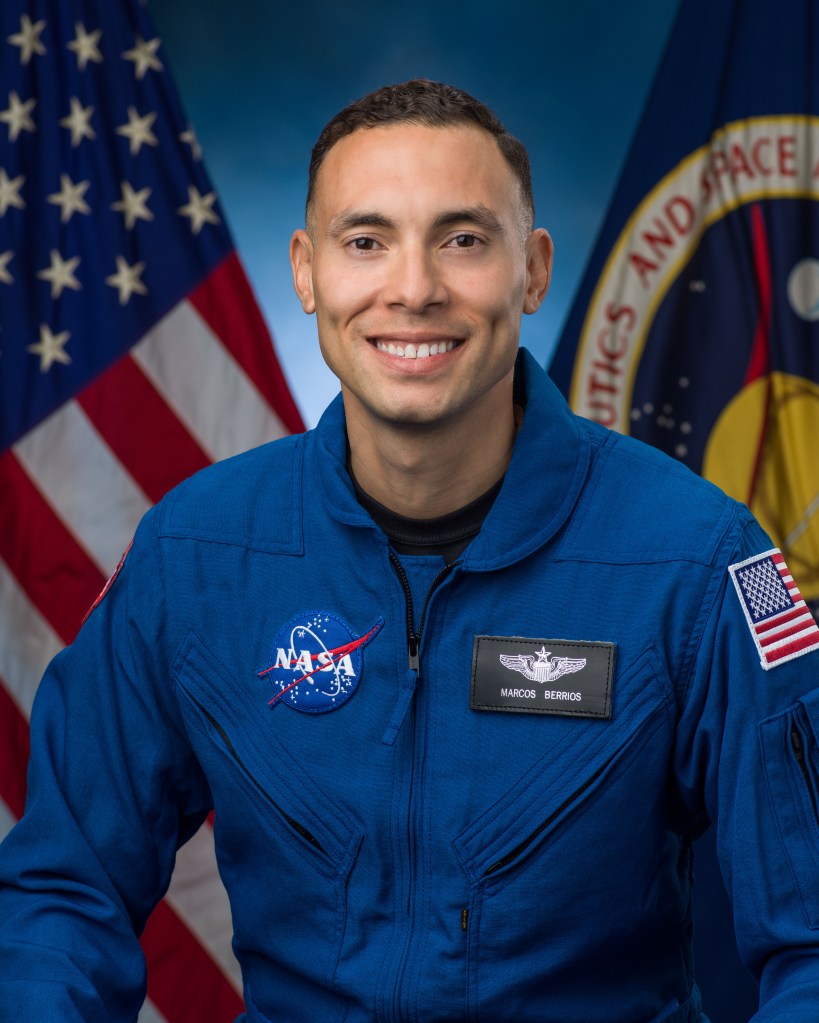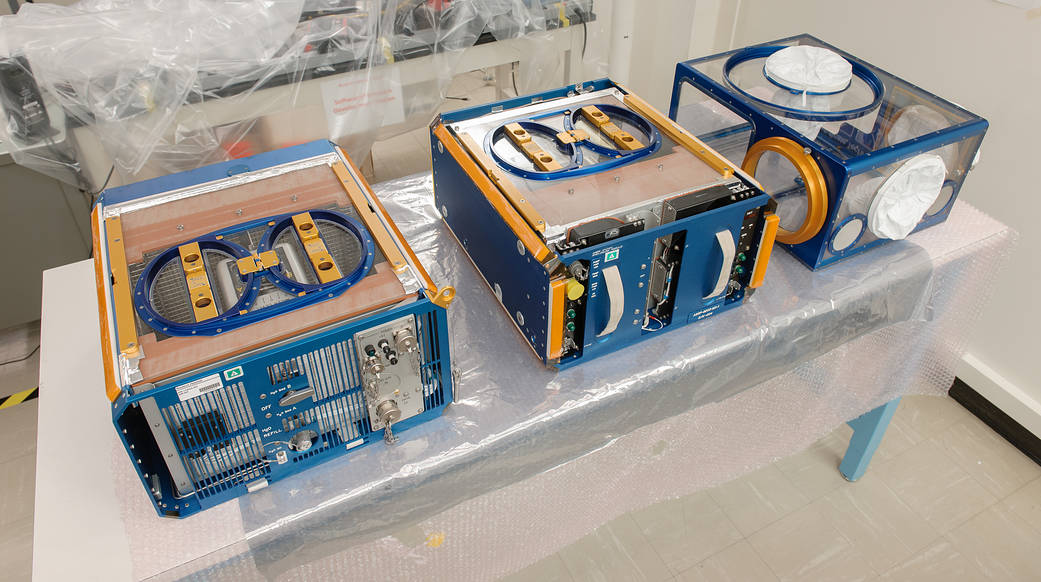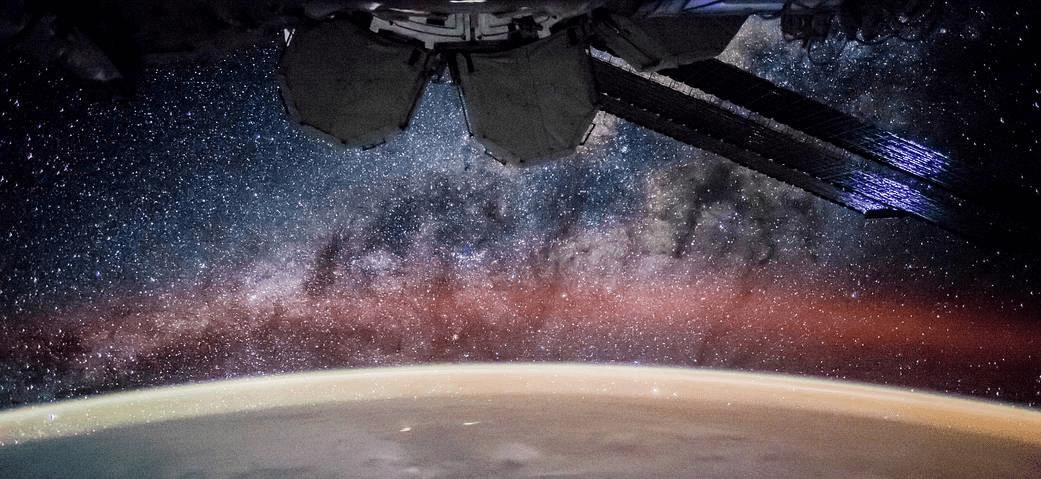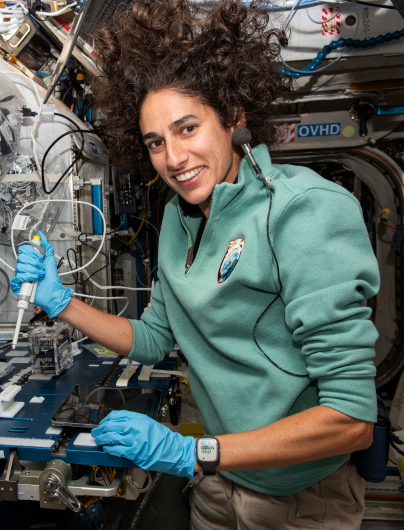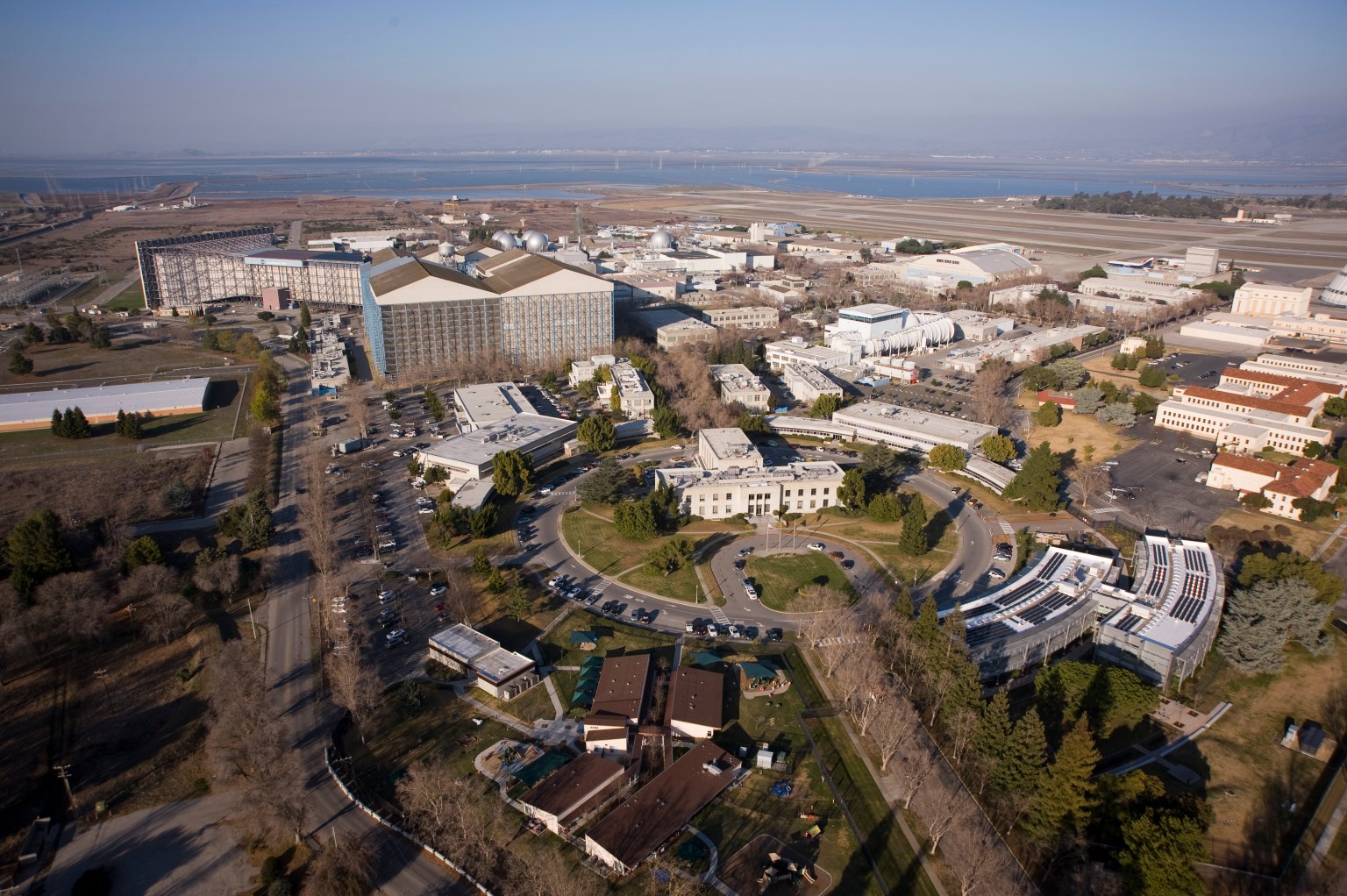Rodent Research-6 (SpaceX-13)
The Rodent Research-6 mission (RR-6), is scheduled to fly to the International Space Station (ISS) aboard SpaceX-13 in December 2017. In this study, researchers will test the efficacy of formoterol, a drug typically used to treat asthma, in preventing muscle wasting in mice. Animal models, particularly rodents, are a valuable translational model because they facilitate extensive experimentation and application of techniques that cannot be applied to human subjects. Exposure to the spaceflight environment is known to have significant negative effects on the musculoskeletal system, and the results of this investigation may help NASA develop improved countermeasures to protect future astronauts from these negative effects. In addition, results of the RR-6 investigation are expected to increase our understanding of ground-based diseases, disorders and injuries affecting millions of people globally and to aid in the development of new treatments for such conditions.
For RR-6, 40 mice will be placed in Rodent Transporters and flown to the ISS in SpaceX’s Dragon capsule. Upon arrival, they will be transferred by the ISS crew to Rodent Habitats, where they will stay for the duration of the mission (up to 60 days). Each mouse will be implanted with a nanochannel delivery system, which will automatically release small and consistent doses of either formoterol or a control solution. After approximately 30 days, half of the mice will be returned to Earth alive, while the other half will remain in microgravity on the ISS for an additional 30 days before being humanely euthanized and returned to Earth on a later mission.
The results of this investigation will help improve our understanding of muscle loss in space and on Earth. Muscle loss is not only a problem for astronauts exposed to the microgravity of the space environment; millions of people on Earth suffer muscle wasting as a result of prolonged immobilization, injuries, cancer, and aging. With a better understanding of the dynamics of muscle loss driven by experiments such as this one, it will be possible to develop new therapeutics and strategies to improve people’s health on Earth and in space.
Project Manager: Janet Beegle, NASA Ames Research Center
Project Scientist: Ruth Globus, Ph.D., NASA Ames Research Center
Mission Scientist: Yasaman Shirazi-Fard, Ph.D., NASA Ames Research Center
Principal Investigator: Alessandro Grattoni, Ph.D., Houston Methodist Research Institute
Co-Investigator: Samuel Cadena, Ph.D., Novartis Institute for Biomedical Research
For more information, see the Space Station Research Explorer for the Rodent Research-6 mission.


